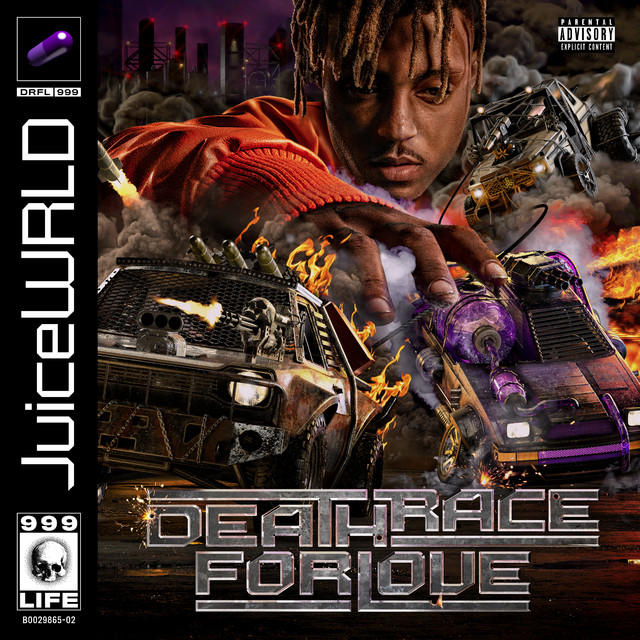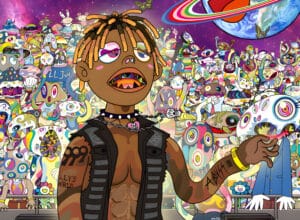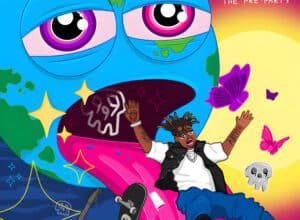Released: 2019
“Robbery” by Juice WRLD ain’t just another track; it’s a raw and real dive into the turmoil of love, addiction, and the struggles of coping with personal demons. It masterfully combines emo rap vibes with heart-wrenching lyrics that deal with loss, heartbreak, and the lengths we go to mask our true feelings. Let’s break down what Juice WRLD is laying down, peeling back the layers of his deeply emotional narrative.
From the jump, Juice WRLD sets the scene with a casual mention of Hennessy, cluing us in to the coping mechanisms he leans on. He’s talking about a toxic relationship where he’s instructed to “put my heart in the bag.” This metaphor hits hard; it’s about making yourself vulnerable, packing away your feelings to prevent further emotional injury, all the while knowing it’s a losing battle. Juice is running from love like it’s a thief in the night, but admits he’s “not fast,” coded talk for not being over it, making his own pain worse by dwelling on the past.
The chorus hits us with the duality of his situation – it’s a “gift and a curse.” Juice WRLD finds himself in a paradox where the very thing that brings him joy also brings him unimaginable pain, and there’s “no reverse.” The realization that there’s no going back, no undoing the hurt, echoes throughout the song.
Juice’s lyrics reveal vulnerability beneath a facade of materialism and bravado. He talks about covering his insecurities with luxuries – “Gucci on the fur” and “my wrist on iceberg” – a stark look at how external appearances can be used to mask inner turmoil. The wisdom passed down from his father, “Never let your woman know when you’re insecure,” showcases generational views on masculinity and vulnerability, yet Juice counters this by admitting his emotional truth through the song.
As the narrative unfolds, Juice WRLD explores the complexities of his feelings. There’s a push and pull, a dance with the devil of love where he’s left “paranoid,” armed literally and metaphorically because he’s constantly on the edge. The mention of “always keep a gun around” and the contrasts between the euphoria of love’s “butterflies” and the deep-seated fear of abandonment paint a picture of a man at war with himself over a love that’s perhaps more of a poison than a potion.
The outro brings a sense of desperation, with Juice throwing “rocks at your window,” a symbol of his longing for connection and his refusal to completely let go despite knowing the emotional danger. “Phone home, I need to phone home” shows his desire for a lifeline, a way back to something resembling safety or normality away from the chaos of his current state.
In “Robbery,” Juice WRLD gives us an unfiltered look into the heart of someone struggling with love lost, the addiction to both substances and toxic relationships, and the loneliness that accompanies fame. It’s a powerful reminder of the human behind the artist, a soul grappling with the highs and lows that come with feeling deeply in a world that often values surface over depth. Through his words, Juice WRLD leaves a lasting impact, making “Robbery” a poignant piece in the puzzle of his artistic legacy.








